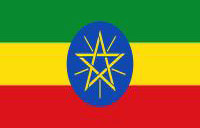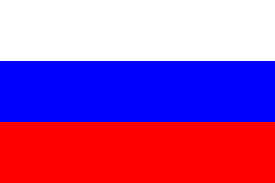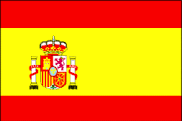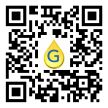
Robert J. Lefkowitz MD
Nobel Prize in Chemistry 2012
National Medal of Science - Biological Sciences 2007 USA
Nobel co-recipient Brian K. Kobilka
Physician- Cardiologist, Scientist. G-protein-coupled receptors;
approximately half of all medicines used today use this kind of receptor.
"Strong family history of coronary artery disease ... at age 50 I had quadruple bypass surgery [1994]. I minimize my risk factors with daily physical exercise, a vegetarian diet and appropriate medications".
History of Discovery
By Charles Gooley M.S.
Software Engineer and Physical Organic Chemist
Web Developer and GIS specialist
Los Angeles, CA
Dr. Robert Lefkowitz, M.D. is a James B. Duke Professor of Medicine and Professor of Biochemistry and Chemistry at the Duke Medical Center. He has been an Investigator of the Howard Hughes Medical Institute since 1976. His research centered in the biochemistry of cell surfaces.
Dr. Lefkowitz's early research was focused on the various types of molecules called G protein coupled receptors. These consist of a group of evolutionary-related proteins that are cell surface receptors that detect molecules outside the cell and activate cellular responses. His research was focused on their chemical nature, how they signal and how their function is regulated. He discovered some mutant receptors which are now known to be the cause of a growing number of inherited and acquired diseases. Other laboratories were able to work on templates he provided in his early work. They used the first sequence of these receptors and homology cloning techniques to rapidly build out a large family of analogous receptors.
His later work was focused on molecules called beta-arrestin proteins. These are proteins that are important in a process called “signal transductionâ€, the process by which a chemical or physical signal is transmitted through a cell as a series of molecular events that desensitize receptors. The transduction of biological signals is characterized by interference with certain biological processes, which can range from negligible to pathological. With the advent of computation biology, the analysis of signaling pathways and networks has become an essential tool to understand cellular functions and disease, including signaling rewiring mechanisms underlying responses to acquired drug resistance. These discoveries could lead to the development of a new class of drugs which display more specific efficacy with fewer side effects.
 Robert Lefkowitz (Duke University) Part 1 Seven Transmembrane Receptors video.55:14
Robert Lefkowitz (Duke University) Part 1 Seven Transmembrane Receptors video.55:14
 Robert Lefkowitz (Duke University) Part 2 Beta-arrestins video 51:39
Robert Lefkowitz (Duke University) Part 2 Beta-arrestins video 51:39
Discover Your Abilities and Aspirations!
 $10 $25 $50 $100 Other
$10 $25 $50 $100 Other
Tax Exempt 501(c)3 Non-Profit Organization
Any Currency
“…the peace that is found in libraries and laboratories…” - Louis Pasteur
Copyright © 2023 Ganga Library Inc. All Rights reserved.;

Photo: Bengt Nyman, Painting Tim Tompkins - PaintHistory.com
Name: Robert J. Lefkowitz
Birth: 15 April, 1943, New York, USA
Institution: Howard Hughes Medical Institute, Duke University Medical Center, Durham, NC, USA
Award: "for studies of G-protein-coupled receptors"
Subject: Biochemistry
Portion of cash: 1/2
National Medal of Science- Biological Sciences 2007 USA
Nobel Lecture at Uppsala University
Info
Vita
Publications
History of Discovery
Books
External Videos/Films
Humor/Other
Nobel Prize General Info.
Patents
Videos













